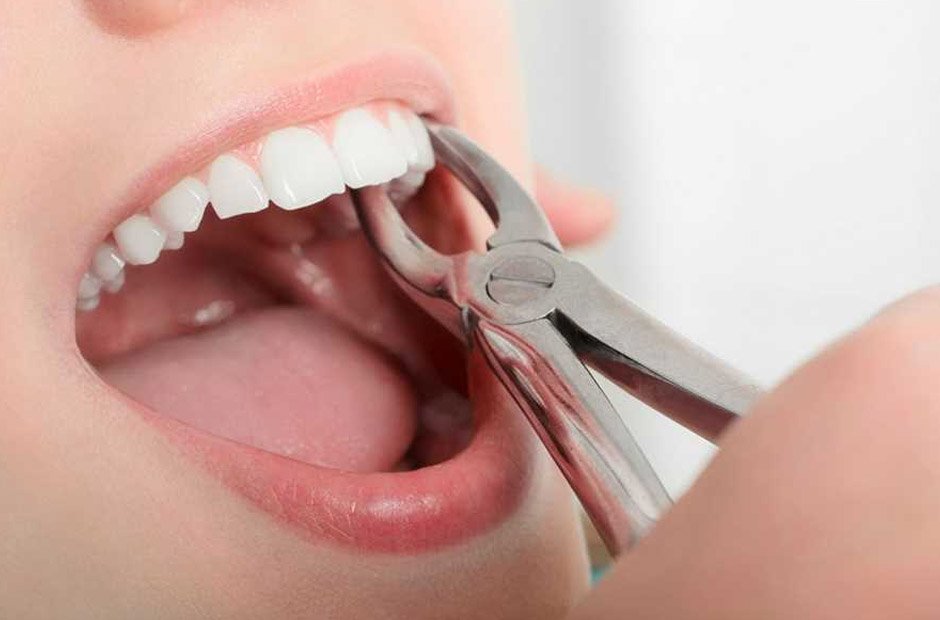Toothaches are rarely just a minor inconvenience. They can disrupt sleep, make eating uncomfortable, and even impact mood and concentration. When pain becomes a constant companion, tooth extraction may be one of the few remaining solutions that can bring relief to those suffering from this issue in Falls Church.
When a Tooth Can’t Be Saved
A dentist Falls Church may recommend extraction when a tooth is damaged beyond repair, severely infected, or causing complications for nearby teeth. In these cases, removing the source of pain and infection can help restore comfort and protect overall dental health. In some cases, extraction may be the most appropriate option.
Some dental conditions leave no viable option other than extraction. In each case, extraction can help prevent complications and support the health of the surrounding area. Primary reasons may be include:
- Severe decay or fracture that extends below the gumline and can’t be restored with a crown or filling
- Persistent infection in the pulp that doesn’t respond to root canal treatment
- Advanced gum disease that weakens the supporting structures, causing mobility or discomfort
- Impacted or misaligned wisdom teeth that create pressure, pain, or risk to neighboring teeth
Preventing the Spread of Infection
Oral infections can begin in a single tooth but spread quickly if untreated. Bacteria from infected roots can reach nearby teeth or even travel into the bloodstream, thereby increasing the risk of more severe complications.
Tooth extractions are often recommended when there’s a risk of recurring abscesses or when antibiotics can no longer manage inflammation effectively. Extracting the problem tooth helps reduce the bacterial load and gives the surrounding gum tissue a better chance to heal. Removing the affected tooth can help reduce the possibility of further complications or the spread of infection.
Reducing Pressure and Improving Function
Overcrowding is another common reason for extraction. Sometimes, extra teeth create pressure or push others out of alignment, leading to chronic jaw discomfort, difficulty cleaning between teeth, or an uneven bite. In such situations, removal creates space and relieves tension within the mouth. Orthodontic treatment plans often begin with the removal of one or more teeth to ensure sufficient room for proper alignment.
After an extraction, the area may feel sore for a short time. However, the pain associated with inflammation, nerve exposure, or infection typically subsides within a few days. In urgent cases, such as severe pain or infection, a dentist may recommend an emergency tooth extraction to provide immediate relief and prevent complications. Following proper aftercare with rest and gentle rinsing while avoiding certain foods encourages smooth healing.
Dental Services Supporting Oral Health in Falls Church
Tooth extractions are just one part of a comprehensive range of dental services. Clinics in Falls Church evaluate each case carefully before suggesting removal. Digital imaging and diagnostic tools help determine whether a tooth can be saved or if extraction is the more appropriate option.
Other services typically include exams, preventive cleanings, fillings, crowns, and gum care. When extraction is necessary, many practices offer follow-up care, replacement options, and instructions to support long-term health. Patients may also receive guidance on how to prevent future issues by maintaining improved hygiene and scheduling regular dental visits.
Comfort Before and After Extraction
Clinics in Falls Church may also address concerns that arise before or after an extraction, such as bite alignment issues, discomfort during the healing process, or the need for restorative approaches. Personalized care plans help ensure each step, from diagnosis to recovery, is handled with attention to comfort, safety, and long-term oral function.
Tooth extraction can be an effective way to relieve persistent pain and prevent more serious infections. A dentist Falls Church may recommend this option when other treatments are no longer viable or when a problematic tooth poses risks to oral health. Tooth removal may be recommended when other treatments are no longer effective in resolving pain or complications.



